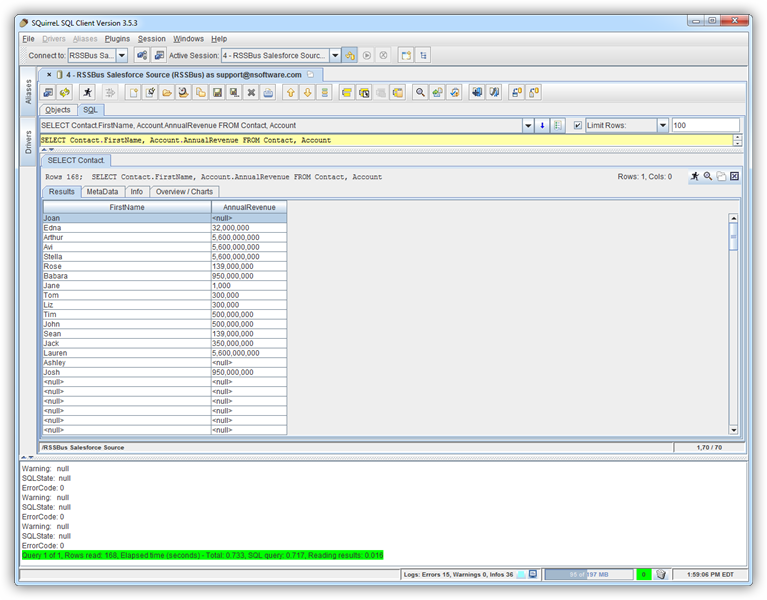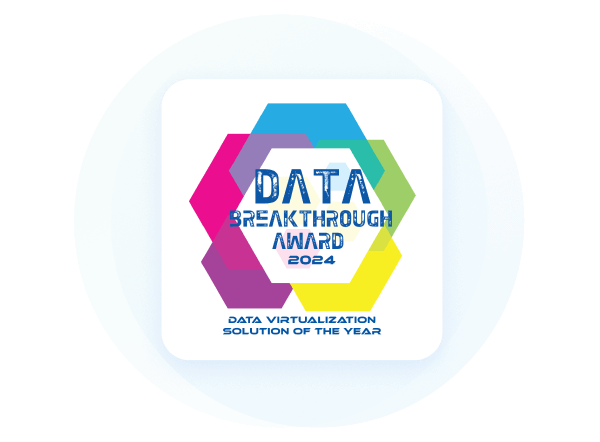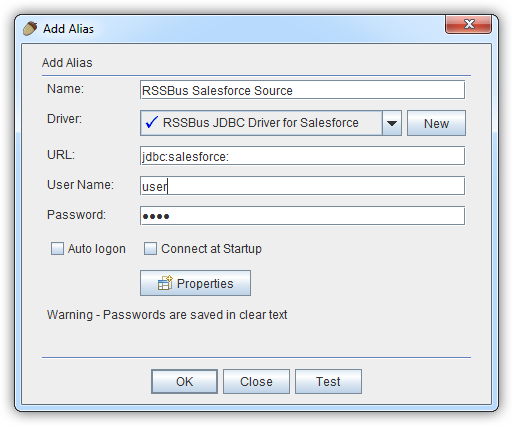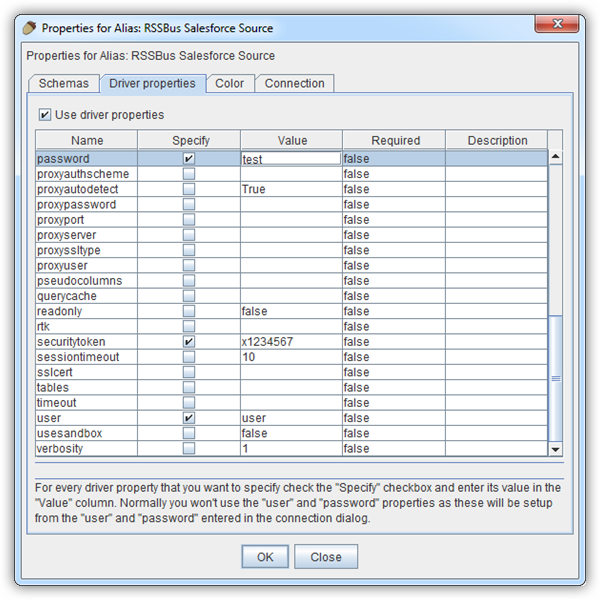Discover how a bimodal integration strategy can address the major data management challenges facing your organization today.
Get the Report →Connect to QuickBooks POS Data in Squirrel SQL Client
Connect to QuickBooks POS data and execute queries in the Squirrel SQL Client.
The CData JDBC Driver for QuickBooks POS enables you to execute queries to QuickBooks POS data in tools like Squirrel SQL Client. In this article, you will create a JDBC data source for QuickBooks POS data and execute queries.
Add the JDBC Driver for QuickBooks POS
Follow the steps below to add the driver JAR.
- In Squirrel SQL, click Windows -> View Drivers.
- Click the plus icon to open the Add Driver wizard.
- In the Name box, enter a user-friendly name for the driver; for example, CData JDBC Driver for QuickBooks POS.
- In the Example URL box, enter jdbc:quickbookspos:
- In the Extra Class Path tab, click Add.
- In the file explorer dialog that opens, select the JAR file for the driver, located in the lib subfolder of the installation directory.
- Click List Drivers to populate the Class Name menu with the class name for the driver, cdata.jdbc.quickbookspos.QuickBooksPOSDriver.
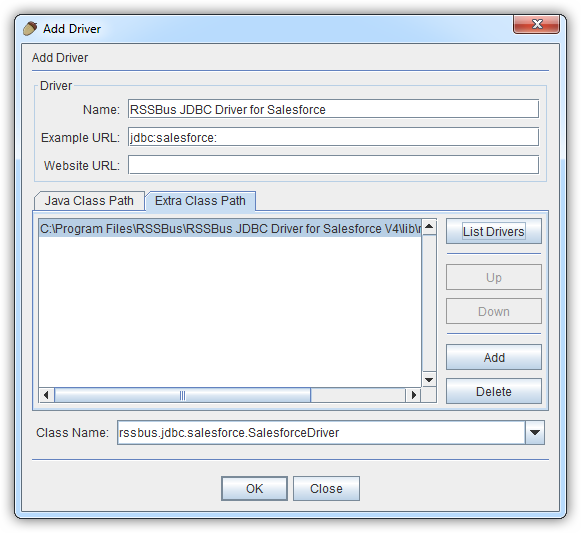
Define Connection Properties
Follow the steps below to save connection properties in the driver alias.
- Click Windows -> View Aliases.
- In the pane that lists the aliases, click the plus icon.
In the Add Alias wizard that opens, the following fields are required for the JDBC driver:
- Name: Enter a name for the alias; for example, CData QuickBooks POS Source.
- Driver: Select the CData JDBC Driver for QuickBooks POS.
- URL: Enter jdbc:quickbookspos:
![The alias definition, containing the connection parameters. (Salesforce is shown.)]()
- If you want to define any additional properties, click Properties.
- In the Driver properties tab of the dialog that appears, select the Use driver properties checkbox.
- In the Specify column, select the checkboxes for the required connection properties.
When you are connecting to a local QuickBooks instance, you do not need to set any connection properties.
Requests are made to QuickBooks POS through the Remote Connector. The Remote Connector runs on the same machine as QuickBooks POS and accepts connections through a lightweight, embedded Web server. The server supports SSL/TLS, enabling users to connect securely from remote machines.
The first time you connect, you will need to authorize the Remote Connector with QuickBooks POS. See the "Getting Started" chapter of the help documentation for a guide.
Below is a typical connection string:
jdbc:quickbookspos:![Connection properties automatically detected by Squirrel SQL. (Salesforce is shown.)]()
- In the dialog that appears after you click OK, click connect to test the connection.
Discover Schemas and Query QuickBooks POS Data
After the metadata has loaded, a new tab for the QuickBooks POS data source is displayed. On the Objects subtab, you can discover schema information, such as the available tables and views.
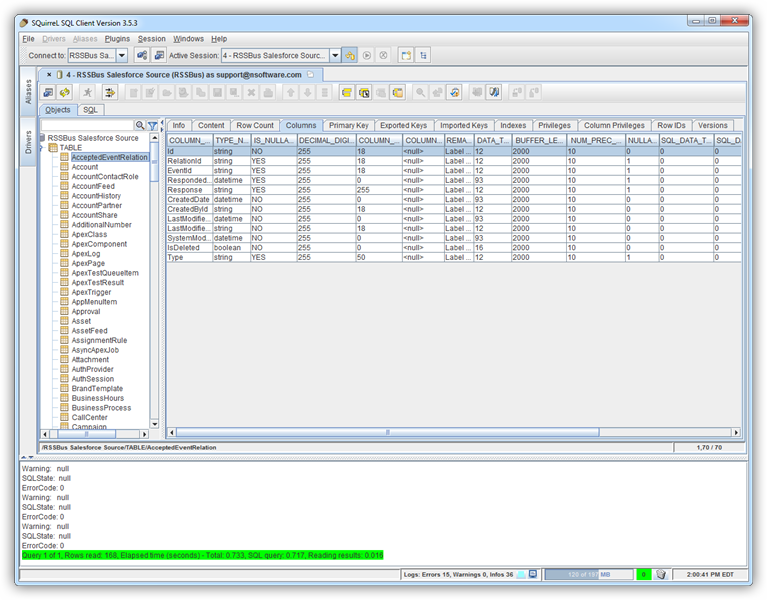
To view table data, select the table on the Objects tab. The table data is then loaded in a grid on the Content tab.
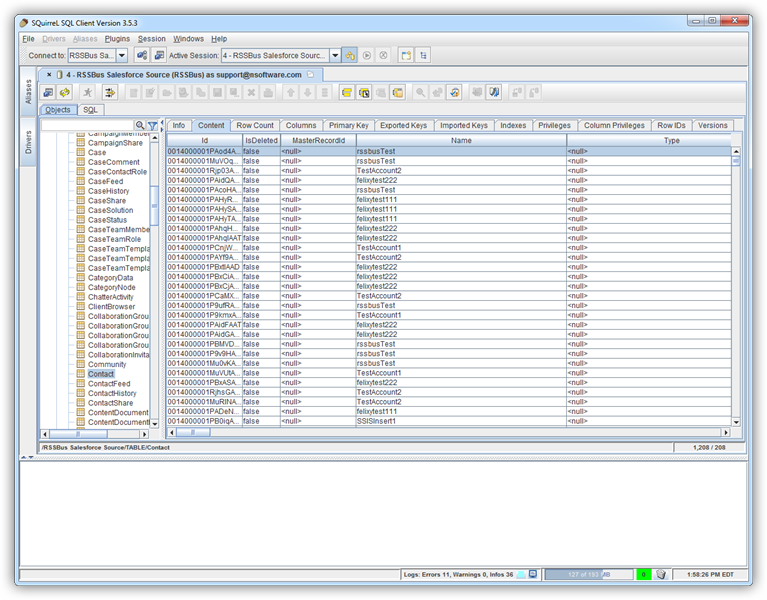
To execute an SQL query, enter the query on the SQL tab and then click Run SQL (the runner icon). For example:
SELECT ListId, AccountLimit FROM Customers
